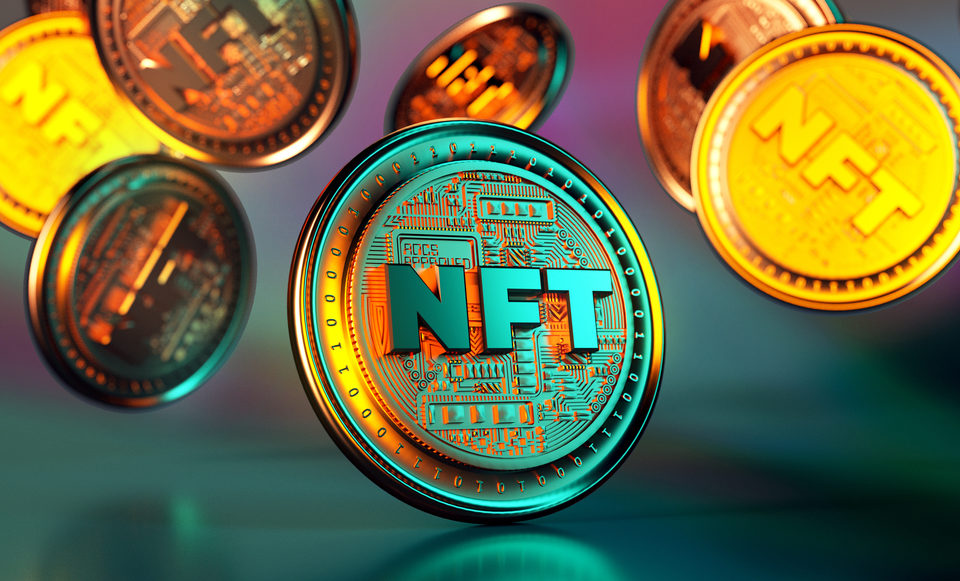
The World’s Biggest Coin Collection Is Going to Auction
December 20, 2024
A Look Into Dr. Ruth’s Life Through Her Possessions
January 5, 2025Zev Merchant, an early Bitcoin adopter, often spoke about the promise of digital assets, but his untimely death in 2022 revealed critical gaps in his estate planning. Unfortunately, his wife faced significant challenges accessing his cryptocurrency holdings due to inadequate preparation for digital estate management. Relying heavily on centralized wallets and digital tools, Zev left his assets vulnerable to access and security issues, highlighting the urgent need for proactive and comprehensive estate planning for digital assets.
In the evolving landscape of digital assets, cryptocurrencies like Bitcoin have become integral components of many investment portfolios. However, their unique characteristics present distinct challenges in estate planning. Ensuring the seamless transfer of these assets to beneficiaries requires meticulous planning and a comprehensive understanding of their digital nature.
Cryptocurrencies function as what is known as bearer assets, meaning possession equates to ownership. Unlike traditional bank accounts, where institutions can facilitate transfers upon death, accessing digital currencies necessitates specific information, namely, private keys or seed phrases. Without these, the assets remain inaccessible, potentially leading to significant financial loss.
The decentralized nature of cryptocurrencies introduces several hurdles in estate planning:
- Access Issues: Heirs may struggle to locate or access digital wallets without explicit instructions and necessary credentials.
- Security Risks: Sharing private keys without proper safeguards can lead to unauthorized access, both before and after the owner’s death.
- Legal Complexities: The absence of clear regulatory frameworks can complicate the legal transfer of digital assets.
To navigate these challenges, consider the following steps:
- Comprehensive Documentation:
- Inventory of Assets: Maintain an up-to-date list of all digital assets, including detailed information on accessing each one.
- Securely Store Access Information: Store private keys, seed phrases, and passwords in secure locations, such as safety deposit boxes or encrypted digital storage solutions.
- Educate Beneficiaries:
- Awareness: Ensure heirs are informed about the existence of digital assets and understand the basics of cryptocurrency management.
- Guidance: Provide clear instructions or arrange for professional assistance to help beneficiaries navigate the complexities of digital asset inheritance.
- Utilize Reputable Services:
- Professional Custodians: Engage reputable custodial services that specialize in managing digital assets. These entities can securely store cryptocurrencies and facilitate their transfer upon death, streamlining the probate process and mitigating security risks.
- Legal Integration:
- Update Legal Documents: Explicitly include digital assets in Wills and Trusts, detailing the intended distribution and providing necessary access information.
- Appoint Knowledgeable Executors: Select executors or fiduciaries who are proficient in digital asset management or provide them with the resources to effectively handle these assets.
As digital assets become increasingly prevalent, integrating cryptocurrencies into estate planning is essential to preserve wealth and ensure its intended distribution. By adopting comprehensive documentation practices, educating beneficiaries, and seeking professional guidance, individuals can navigate the unique challenges posed by cryptocurrencies, providing peace of mind and financial security for their heirs. Contact us today to learn more!




